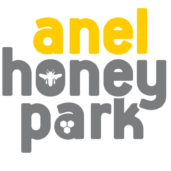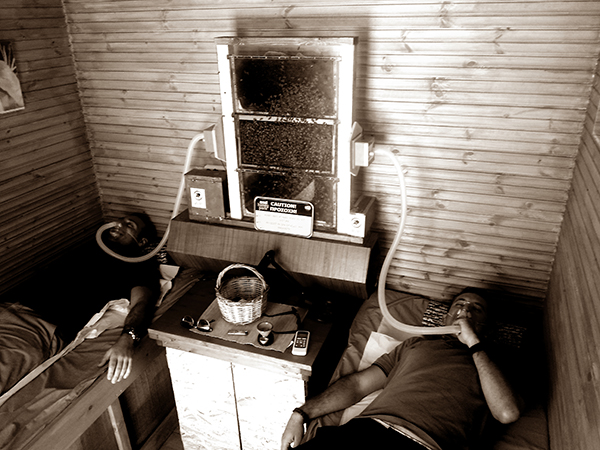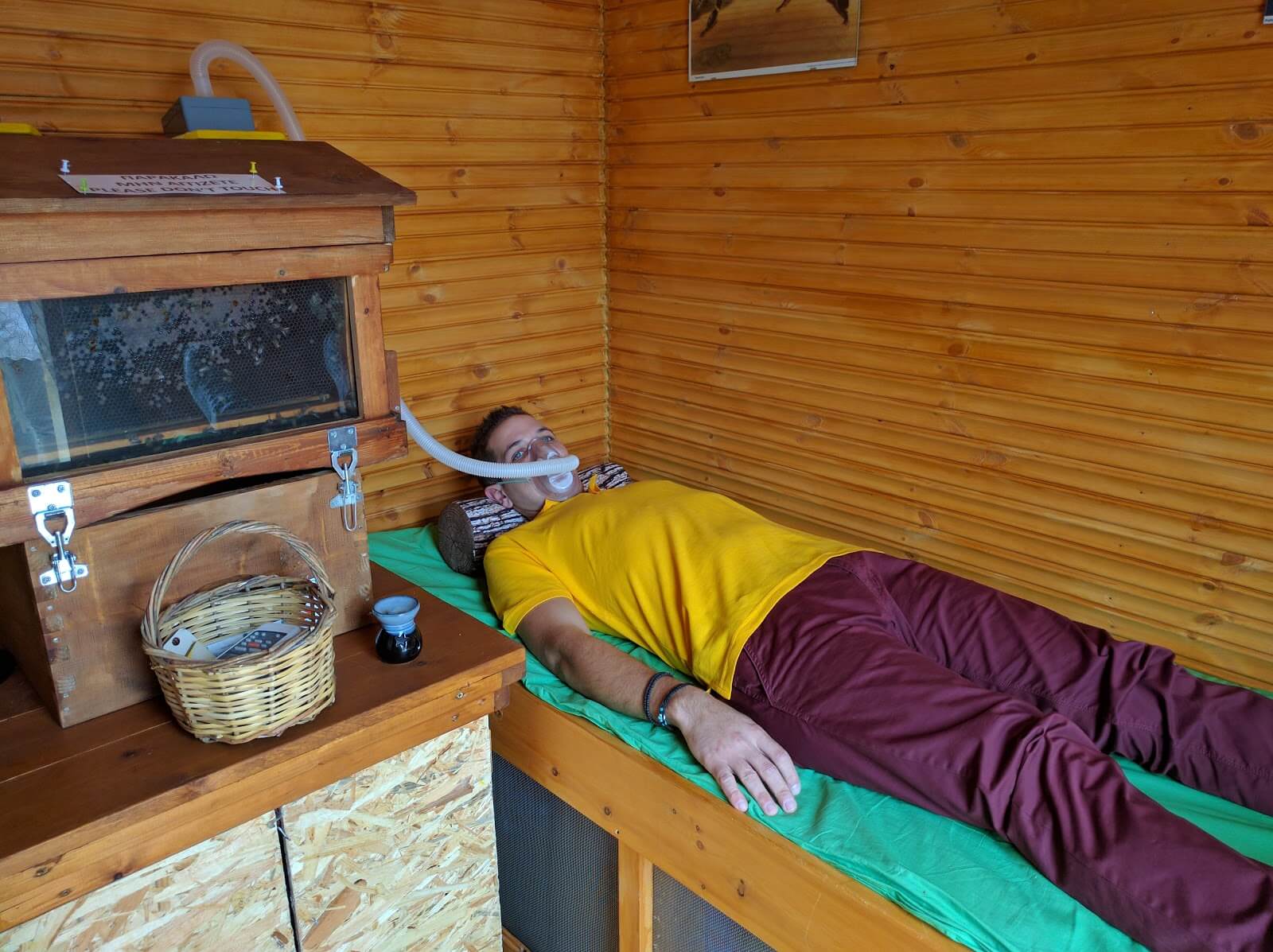Apitherapy
“Apitherapy”* or bee-therapy includes all procedures using bee products for well-being and helping several health conditions (FAO, 2009).
Beekeeping/ hive products are cited in many ancient scripts as medicine. Nowadays, bees and their products are used in many ways as alternative “therapies” in alternative medicine, to enhance physical and mental health!
It has ancient origins: the first known prescription using honey was written on a clay tablet, found in the Euphrates valley and dating from somewhere between 2100 and 2000 BC. There are records from ancient Egypt and ancient India of using honey in treating wounds. Hippocrates, the ancient Greek physician and ‘father of medicine’ listed the physical effects of honey: “It causes heat, cleans sores and ulcers, softens hard ulcers of the lips, and heals carbuncles and running sores” (Manjo, 1991).
The honey
Honey has traditionally been thought of as a “remedy” or tonic for several health problems. Honey thanks to the “healing” and antibacterial properties, helps wounds and burns (Molan, 1999).
Honey, apart from about 77% sugars and 16-17% humidity, it contains pollen <5% (thus minimum quantities of vitamins), 2% protein in amino acid forms, minerals, enzymes, essential oils and a very small quantity of Royal Jelly (Molan, 1999).
The Wax
In the past, beeswax used in medicine, particularly as a carrier for the other ingredients in ointments and cataplasms. Today the wax is widely used in pharmaceuticals and cosmetics.
Propolis
It contains predominantly gums, essential oils and resins from plants, compounds that plants produce to protect themselves from injury, herbivores and pathogens. Therefore, not surprising that propolis has anti-fungal, anti-inflammatory and antibacterial properties.
Pollen
Pollen is certainly very important in nutrition of bees. For man it is one of the most complete foods in nature. With about 30% protein, it contains all essential amino acids for human consumption. With a full range of vitamins and minerals, trace elements, carbohydrates and fatty acids, is a complete nutritional supplement.
Royal jelly
The queen bee is the only fed only with royal jelly which makes it give birth to thousands of eggs a day! It is a concentrated source of many nutrients, including all B vitamins, as well as vitamins A, C, D and E and essential fatty acids.
Poison
Hippocrates believed that the sting of the bee was beneficial in diseases such as rheumatoid arthritis. Today many argue that the bee sting relieves pain from muscle injury. One explanation for the beneficial effects of bee stings may be that it is a form of acupuncture. Acupuncture is recognized as a useful technique for relieving pain: it is believed that acupuncture needles stimulate neural pathways causing the release of endorphins, as opioid substances painkillers.
Apitherapy areas: houses in Anel Honey Park
In Anel Honey Park we created specially “Apitherapy” houses. These are the first and the only in Greece! Within these visitors can:
- See bees perform their daily tasks from observation hives
- Calm and relax in the “beds of Apitherapy”
- Listen the bees buzz
- Breathe the air of the hive with special masks
- Enjoy herbal blends to improve your well being
In your visit you can taste different bee products informed by special scientists and apitherapists for the beneficial properties of bee products.
Buzz and smell of the hive will help you relax, reduce stress, anxiety and insomnia.
Parallel to your visit you can taste different bee products and herbs. Click here to book your visit with a full program in the Apitherapy house!
Parents can enjoy one hour “meditation” in the house, reducing the stress and the anxiety of everyday life, while the children are engaged in the park activities!
| Apitherapy (families / couples) (60' or 30') |
|---|
| • Guided tour in the park • Bee products Collection (observation hive) • Relaxation in Apitherapy house (60/30' per person) • Tasting herbal teas and varieties of honey |
| Cost: 60,00 € / person - 60min 30,00 € / person - 30min |
*Our services DO NOT replace your personal doctor or physician. They improve your well-being, rather than treat a disease. Always consult medical doctor before you follow new, alternative treatments. We advise people allergic to bee’s sting not to enter the Park. Danger of bee sting exists in any outdoor place we visit, as well as Honey Park. Our staff are trained in case of bee sting or other situation.
References
Bradbear N. (2009). Bees and their role in forest livelihoods: A guide to the services provided by bees and the sustainable harvesting, processing and marketing of their products. In: Non-wood forest products. Rome: Food and Agriculture Organization of the United Nations
Manjo, G. (1991). The healing hand: man and wound in the ancient world. Massachusetts: Harvard University Press.
Molan, P.C. (1999). The role of honey in the management of wounds. Journal of Wound Care, 8: 423-6.






